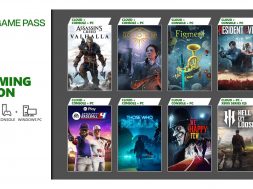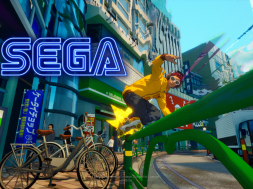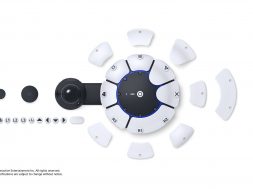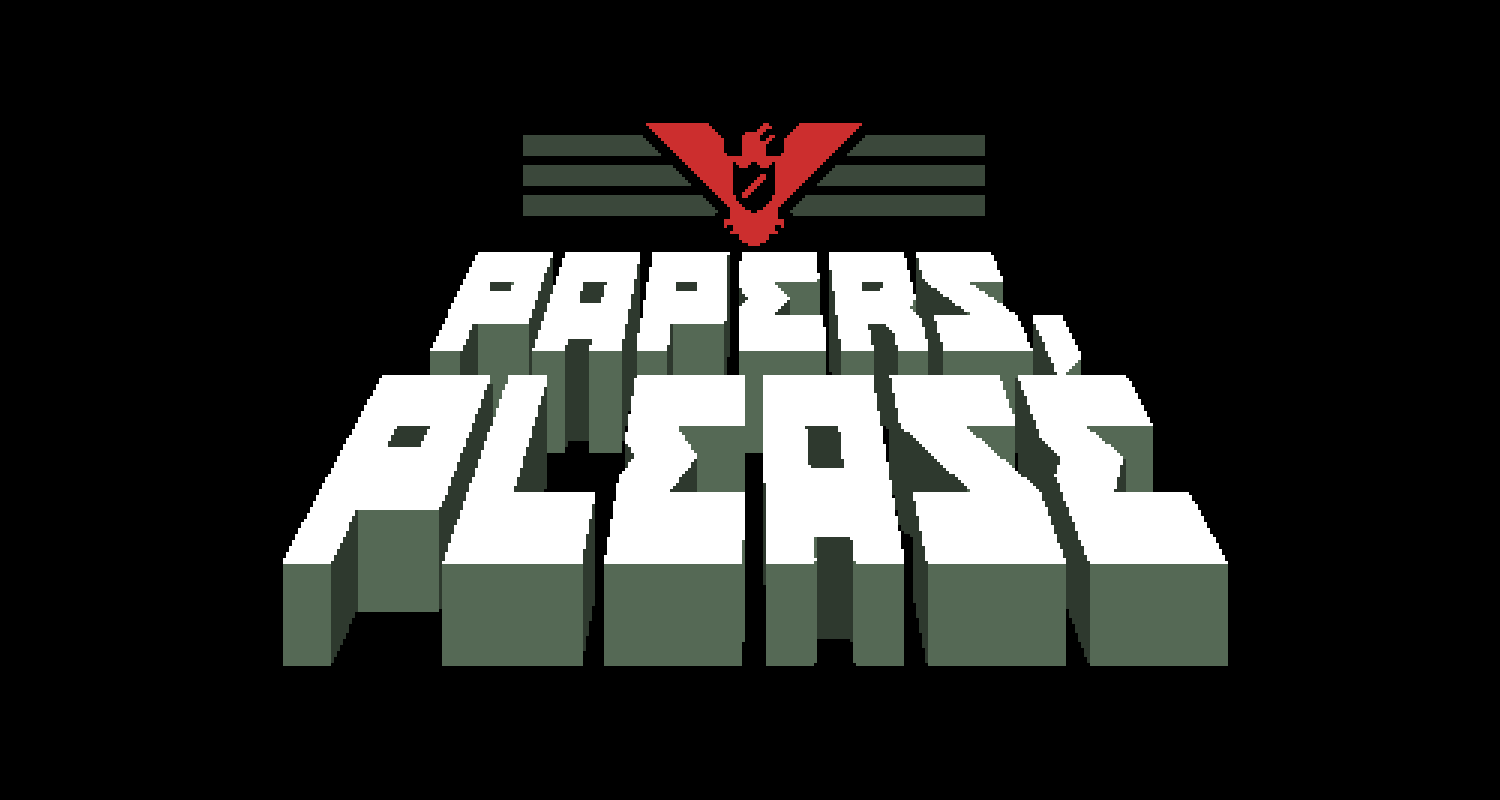The idea of moral choice in games is a bit of a tricky one and usually boils down to three paths; the good guy, the bad guy and the middle ground. Anyone who has played a BioWare RPG knows exactly how this system works. And usually, when it all comes down to it, you aren’t making those choices based on how you as a player would react in those situations but based on how good and bad you want your character to be.So what happens when a game forces you to make decisions based on your own abilities and how you would need to react in certain situations, almost without you knowing it. A secret moral choice system if you will.
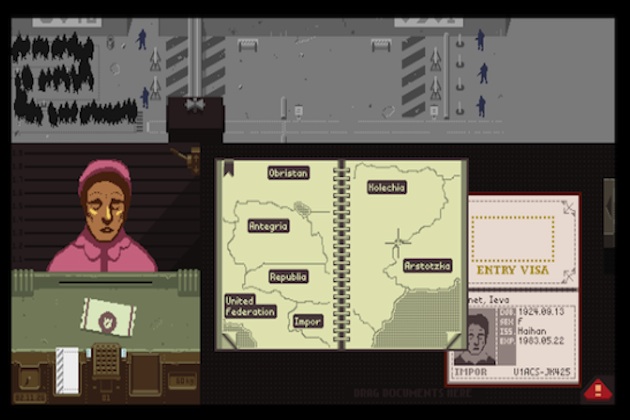 A while back I was picked up the indie hit Papers, Please on Steam. For those who don’t know, it is a border control simulator that harks back to the era of Berlin Wall Germany and the troubles that surrounded that time. You are a border control officer and all you do in the game is approve, deny, or arrest people crossing the border. Sounds lame, but is one of the most compelling games I have played in a long time. The reason I bring it up though was a slight epiphany and absolute celebration of game design and moral choice that I discovered whilst playing it.
A while back I was picked up the indie hit Papers, Please on Steam. For those who don’t know, it is a border control simulator that harks back to the era of Berlin Wall Germany and the troubles that surrounded that time. You are a border control officer and all you do in the game is approve, deny, or arrest people crossing the border. Sounds lame, but is one of the most compelling games I have played in a long time. The reason I bring it up though was a slight epiphany and absolute celebration of game design and moral choice that I discovered whilst playing it.
When I first picked it up I knew that my brother was pretty into the game and I let him know that I’d bought it. I went back to playing Dota or Counter-Strike and kind of forgot about it for a while until I came home from college one day and he was playing away at it. So I watched saw how his run through was going. Pretty quickly I saw that he was struggling. He wasn’t getting enough people processed to make enough money to feed his family and keep his house in order. I thought to myself, “Well shit, this game is tough. I’m gonna have to give this a go.” He eventually was forced into a position where to keep his family alive he had to take a bribe from an attempted border crosser. The government eventually found out that he had taken the bribe and he was executed. Cheerful stuff.
So a few days later, I sit myself down and prepare for another bleak experience, this time from the drivers seat. I found the game much easier though. I was keeping my family alive, and even managed to keep saving money for the bad days and to upgrade my apartment and improve my families standard of living. So I began to think that maybe I’d been dealt an easier hand somehow by the game, until I started again and the same thing happened. I never had to take a bribe, and I never ran into too much trouble. So what was going on I thought?
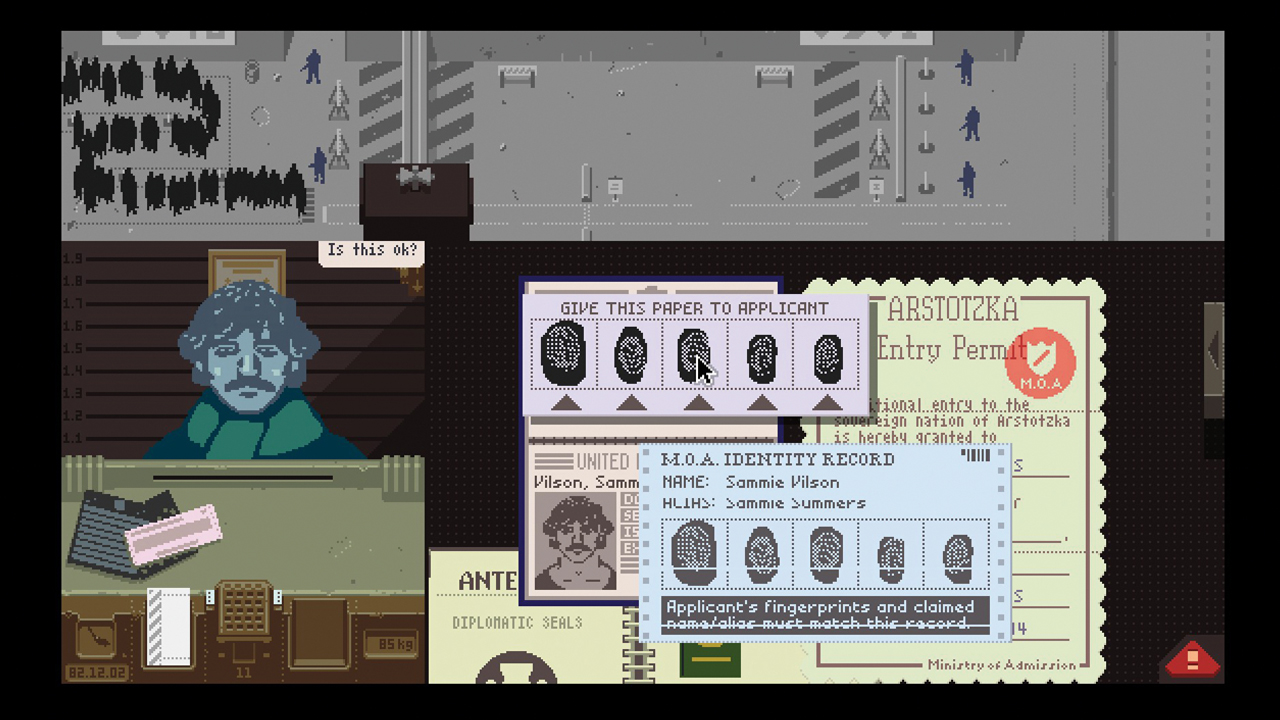 It wasn’t until a few days later, talking about the game with a friend of mine that I had the previously mentioned epiphany about the games design. So my brother suffers from mild dyspraxia, a developmental co-ordination disorder which means that dexterity based games are sometimes trickier for him than others. While a border control sim is by no means StarCraft, the gameplay feature of the number of people processed equaling how much money you make, means that he can’t rifle through papers as fast as some others. I will at this point say that while I may be able to process fictitious transit papers faster than him, he puts me to shame in a great deal more useful life skills.
It wasn’t until a few days later, talking about the game with a friend of mine that I had the previously mentioned epiphany about the games design. So my brother suffers from mild dyspraxia, a developmental co-ordination disorder which means that dexterity based games are sometimes trickier for him than others. While a border control sim is by no means StarCraft, the gameplay feature of the number of people processed equaling how much money you make, means that he can’t rifle through papers as fast as some others. I will at this point say that while I may be able to process fictitious transit papers faster than him, he puts me to shame in a great deal more useful life skills.
So I realized anyway that with this information that the game was making the player make choices based on their own ability to play the game instead of how they want the story to progress or how they feel their character would act. This was a kind of moral choice that I had never seen before in a game and it blew me away. I hope to see this system implemented into newer and bigger titles, so that games can again immerse players themselves into the game as opposed to how they would want a reflection of themselves act. Games can make us feel decisions, not just make them.
0
0



